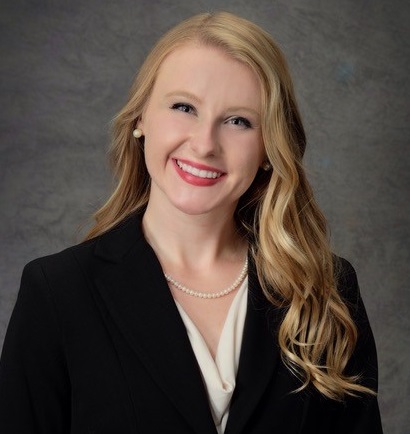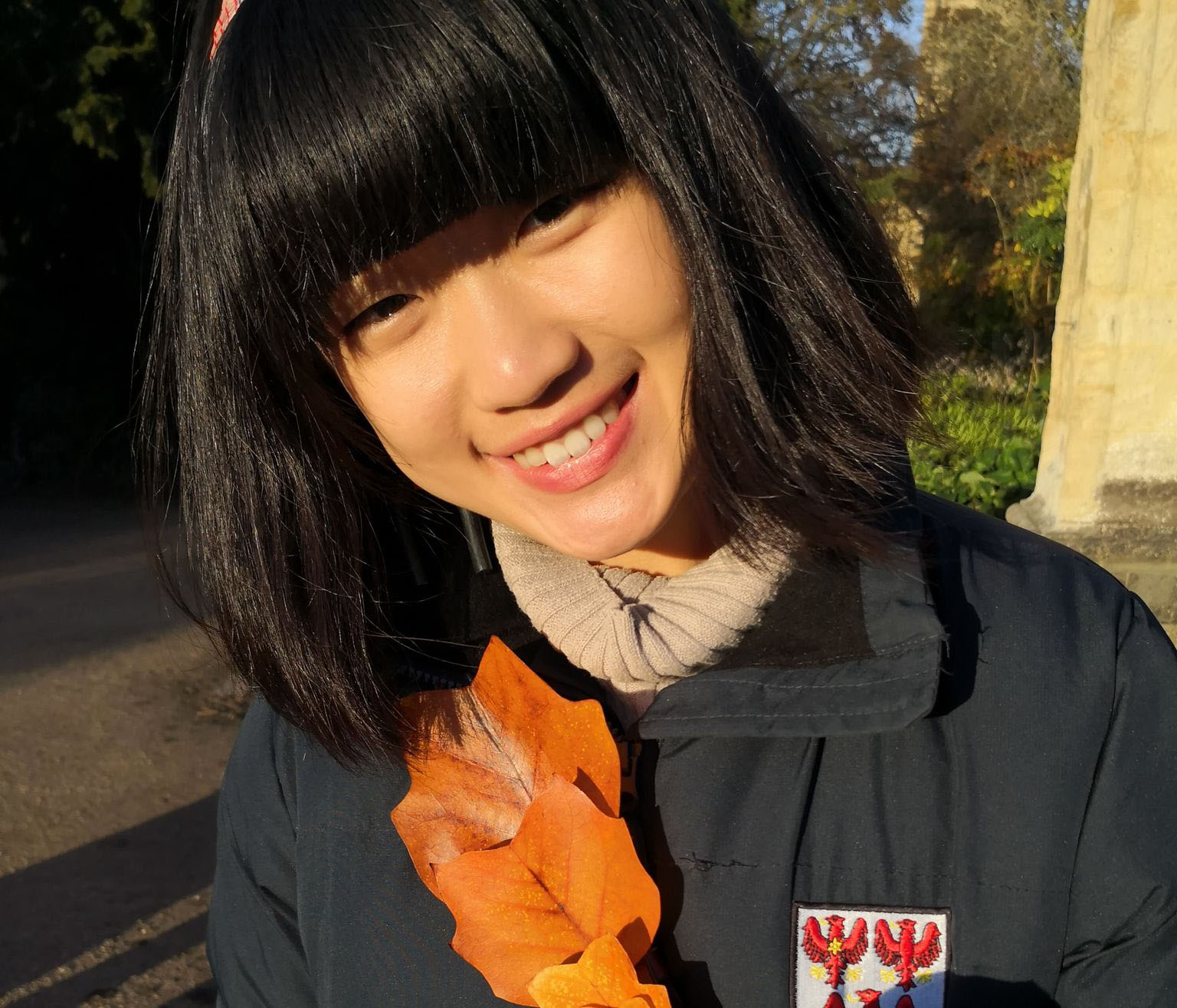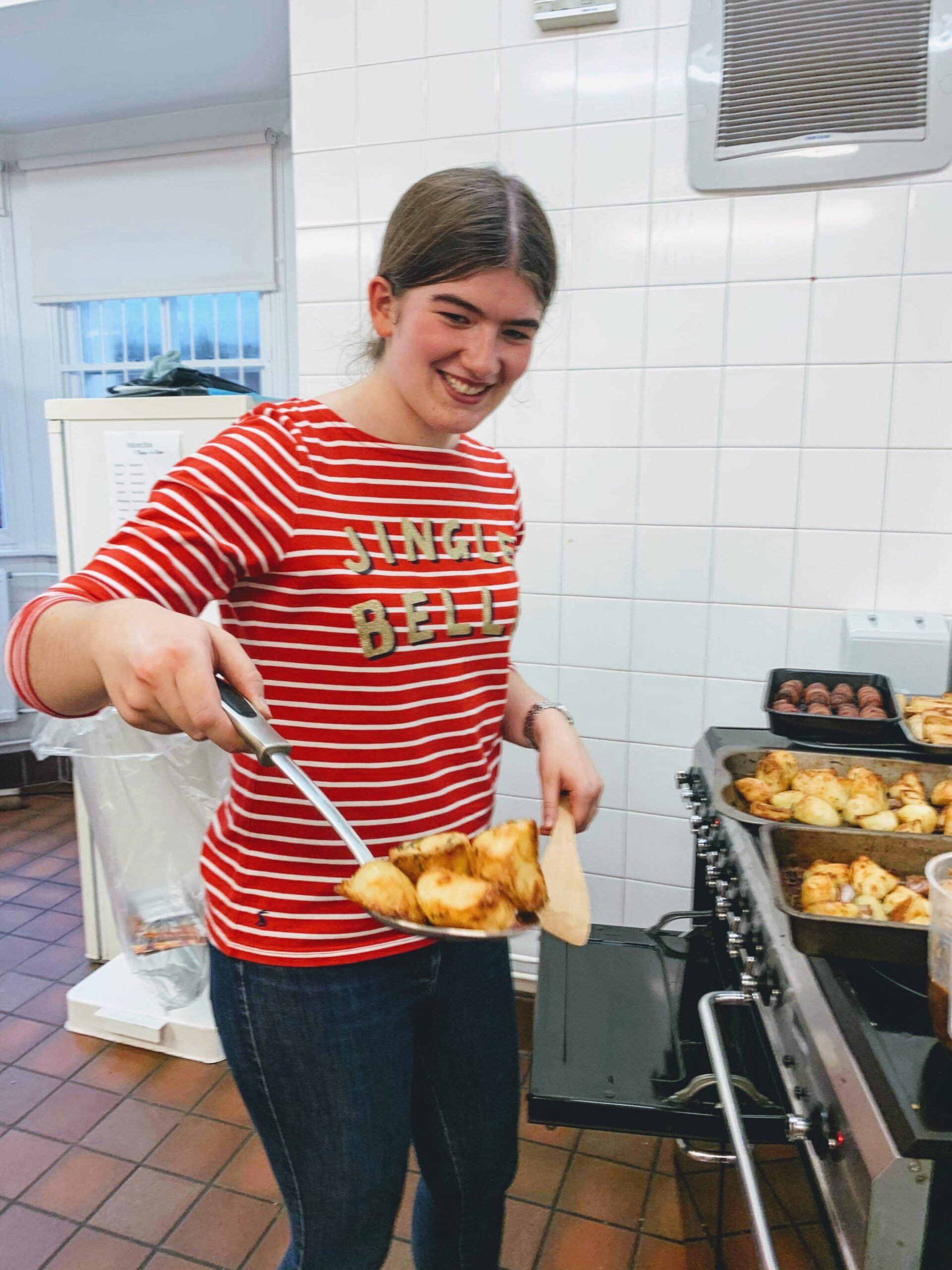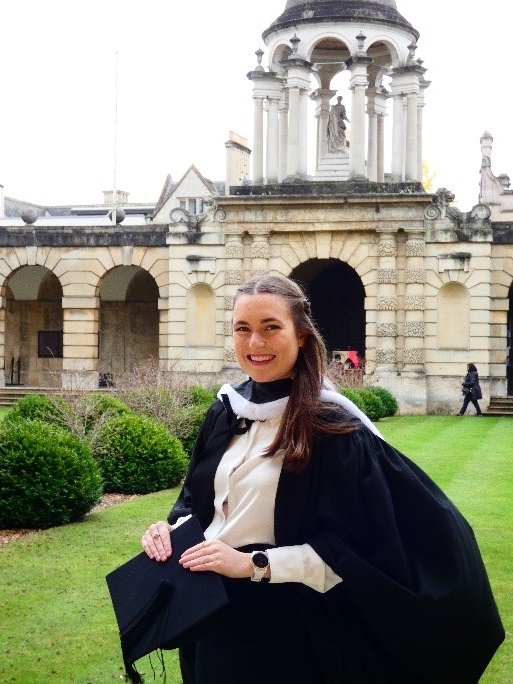Wendell Herbruck Scholar (2021-2022)
Thank you so much to the Wendell Herbruck Scholarship for helping to make my time at Oxford possible. Growing up in Lima, Ohio, I saw Oxford on television programs and read about it in books, but never imagined that I would be here myself. Oxford was fantastic, unreachable––but now, I have the opportunity to live and learn in this wonderful place. Without the financial support from the Wendell Herbruck Scholarship, and the general academic and personal support from Queen’s College, this would not be possible.
My time at Oxford feels difficult to sum up, so far. My first term has been such a whirlwind of new activities, new academic challenges, new people, and new ways of seeing and hearing myself. Academics are not so much classroom study, here, as an ongoing process of experiencing the material subjects (and objects) of study that litter Oxford’s landscape.
I’m currently taking three classes: a course on material texts, which includes the history of the book and the study of medieval handwritings; a primer course introducing students to the major works of literature from 650-1550; and a course outside my medieval “strand,” as they call it, on Spenser’s Faerie Queene. I’m able to walk into the Bodleian Library and sit down with 14th century manuscripts, some of which still have traces of animal hair on them––the leftover remnants of the creatures from which the parchment was made. I look at the annotations made by scribe who has crossed out a word in red ink that was written twice unintentionally.
These human touches from the past, like the textual errors penned by a hand long since vanished, remind me that study opens worlds and facilitates empathy across the ages. I am grateful that the Wendell Herbruck Scholarship has allowed me to have these academic—and personal–experiences.
I am also working on a dissertation project that explores how Middle English texts conceptualise law in relation to embodied experiences. Having access to Oxford’s resources is an invaluable part of my research, and delving into questions of medieval literature, law, and embodiment feel like natural extensions of Oxford’s medieval landscape. Engaging with this very landscape has been a humbling opportunity to see the way in which narratives are embodied: they have characters, they have settings, they have a history that can be seen and heard and touched. Being part of that embodied space has allowed me to make memories outside, as well as inside, the classroom. I look forward to continuing to engage with the narratives around me.



